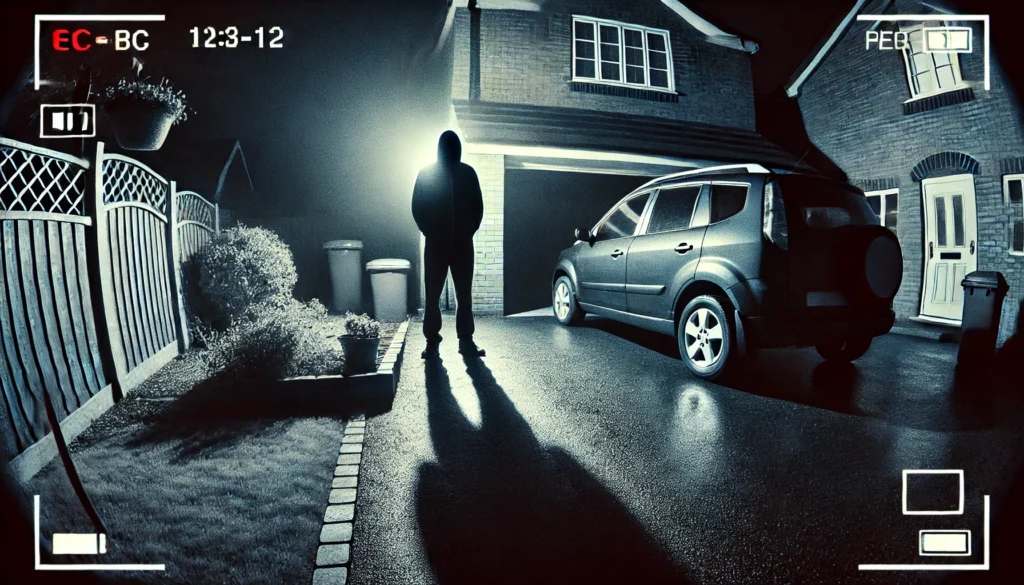My phone vibrates. It’s a notification I don’t want to see.
It has only been a couple of days since I installed a new security camera in front of our house, and now the app is alerting me to movement. The camera is smart. I’ve set a defined zone where movement should trigger a notification. Someone is inside the danger zone. An intruder?
I tap the notification, and there he is—static, staring at his phone. It’s me. I’m the intruder.
In that moment, I realise two things. First, silly me. I wave at myself in the camera, laughing both with and at myself. And second, while my camera is smart, it would be even better with AI-powered facial recognition. If it’s me, my wife, or my son—no need for an alert. A friendly neighbour? Maybe. But if it’s someone else, then notify me.
I shared this story in a presentation about AI, illustrating how connected devices will increasingly incorporate AI—not just because manufacturers push it, but because consumers will demand it. Like I did. On-screen, I had a simple chart projecting the rise of connected devices. But I hardly mentioned it. Instead, I told a personal story. Because personal storytelling is powerful. Here’s why:
- It makes you human. A personal story shows your audience that you have emotions and experiences like theirs. Everyone has silly moments. Everyone has frustrations with technology. Sharing something small from your life doesn’t undermine credibility—it enhances it. People connect with honesty and authenticity.
- It’s uniquely yours. You can craft a great story about Henry Ford or Coco Chanel, but others have told those stories before—or at least some version of them. Someone else might even have told them better. But your own story? No one else has lived it. It’s fresh, original, and only you can tell it.
- It creates a ‘wow’ moment. When your personal story seamlessly bridges into your message, it grabs attention and sticks. Audiences get hooked by the story and then experience a moment of joy when they see its relevance to your key point.
The best way to master this approach? Build a library of personal stories. I highly recommend Matthew Dicks’ books Storyworthy and Stories Sell, where he introduces homework for life—a daily practice of documenting storyworthy moments, no matter how small. Over time, this habit makes it easier to find connections between your experiences and the topics you speak on.
Lectures are boring. Stories are better. But personal stories are powerful.
So, if you want to stand out as a speaker and be memorable, dig into your life for stories. Have you ever had an intruder?
